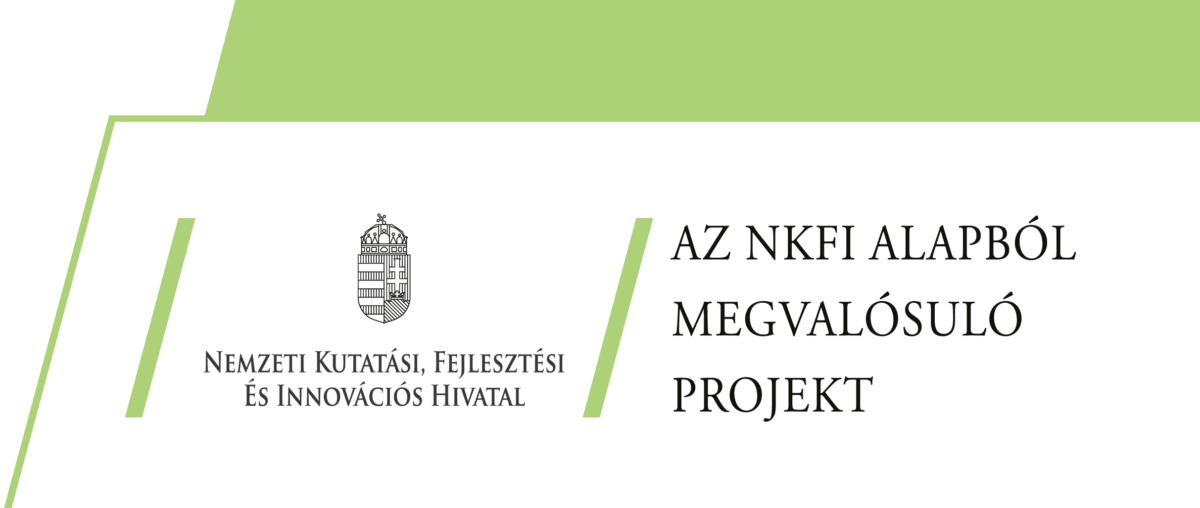Innovative Healthcare Technologies Conference
Digital medical devices constitute an increasingly important and dynamically growing segment of the healthcare industry, gaining significance in Hungary as well. At Óbuda University, outstanding research is being conducted in this field. A conference titled "Development and Evaluation of Innovative and Digital Healthcare Technologies" was held at the university on the subject. The event is a highlighted activity of the Topic Excellence Program 2021, realized with the support of the National Research, Development and Innovation Office (NKFIH), under project number TKP2021-NKTA-36. The research project addresses both technological innovation (such as the development of personalized cancer therapies and artificial pancreas systems) and methodological issues related to measuring and evaluating health, socio-economic benefits achievable through these tools. The program has been running at the university for the second year and will continue until July 2025.
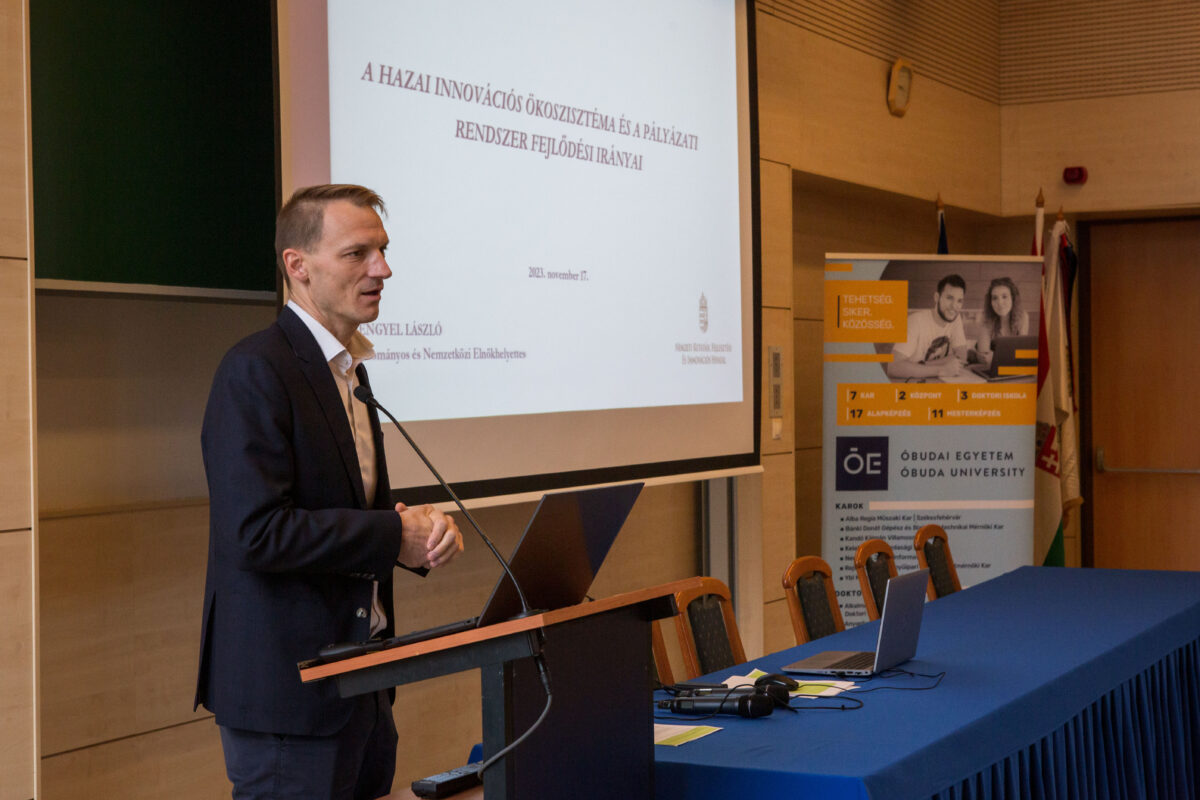
He pointed out that the exemplary collaboration between universities and research centers is demonstrated by Óbuda University.
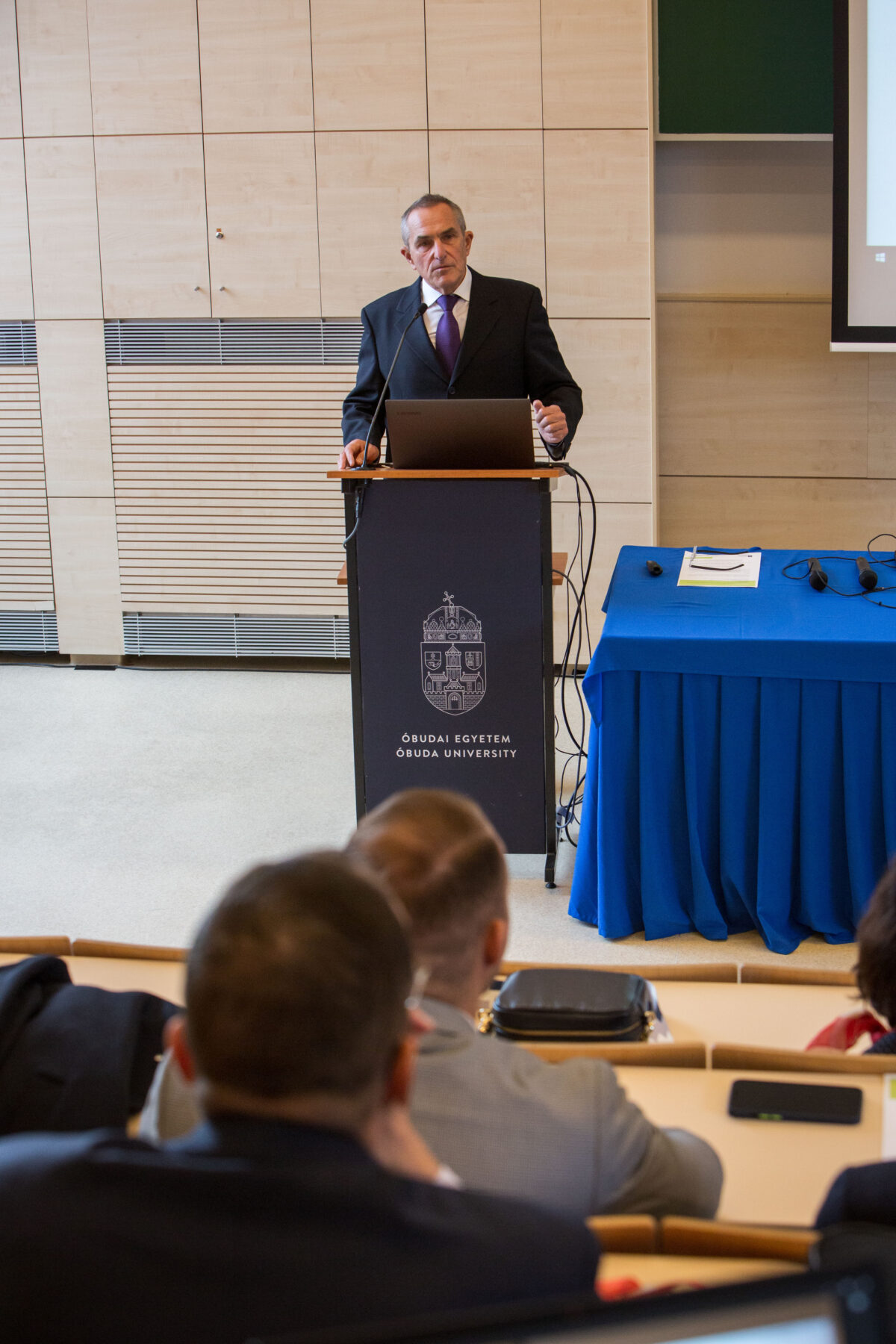
Prof. Dr. László Gulácsi, the Vice Rector for Research at the university, not only discussed the applicability of innovative healthcare and artificial intelligence therapeutic solutions but also emphasized the importance of their societal impact. He highlighted that Óbuda University prioritizes research in this field and the halfway point of the Topic Excellence Program, the results of which, upon evaluation, can determine potential opportunities and focus areas.
A featured speaker at the event was, among others, Prof. Dr. Seyedali Mirjalili, Director of the Artificial Intelligence Research and Optimization Center at Torrens University Australia, and Excellence Professor at Óbuda University. He summarized the current and potential application possibilities of generative AI, outlining its advantages and disadvantages in healthcare.
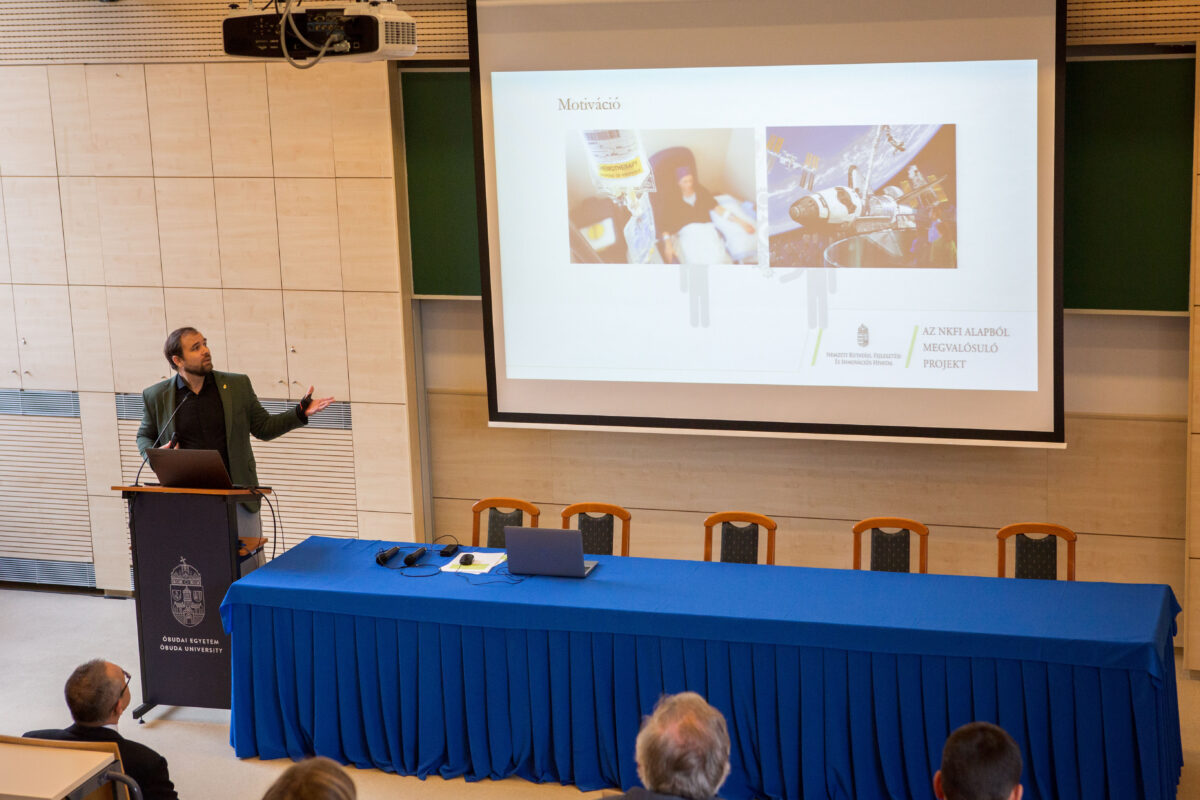
Daniel Drexler, PhD, the coordinator of subproject I. and a member of the PhysCon University Research and Innovation Center, presented the results of the research titled "Personalized Digital Physiological Modeling and Control for Optimizing Cancer Therapy and Artificial Pancreas." The project is led by Prof. Dr. Levente Kovács, the Rector of Óbuda University.
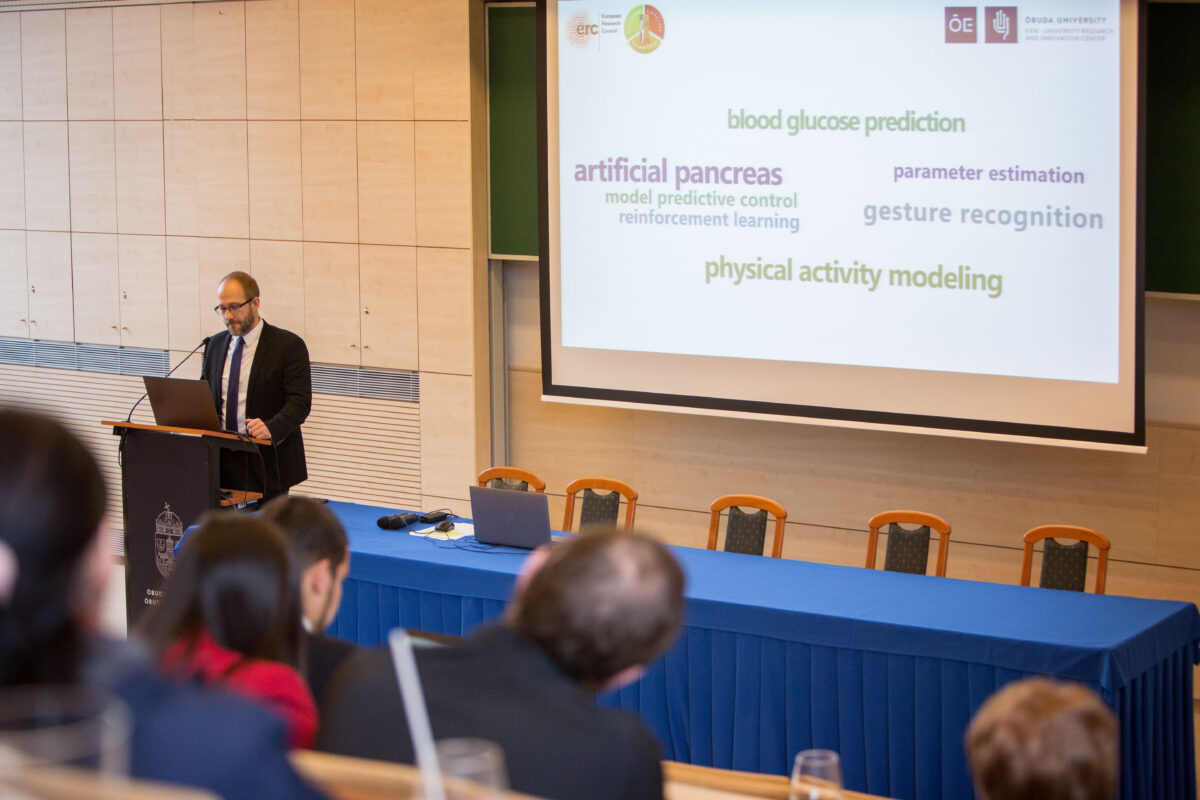
Dr. György Eigner, researcher at the University Center for Physiological Regulations and the University Research and Innovation Center, gave a presentation on the development of functions for the Diabetic Decision Support System.
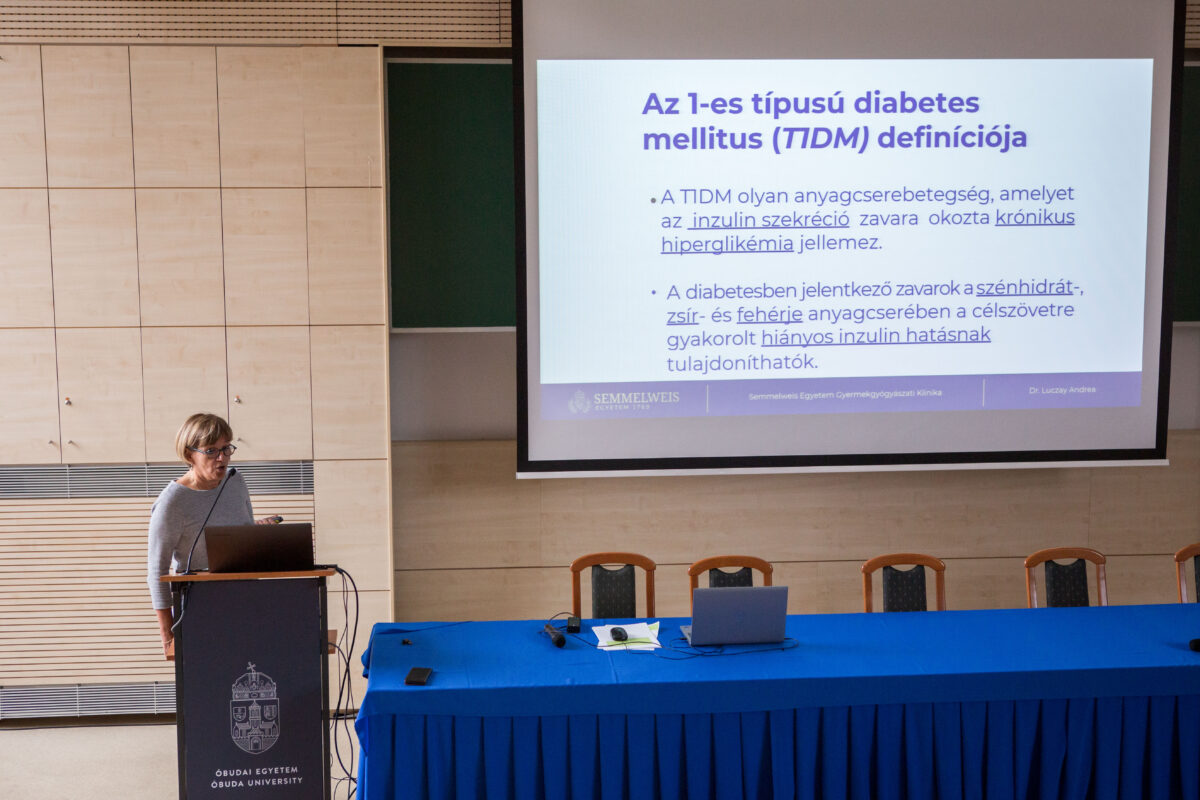
Dr. Andrea Luczay, PhD, Associate Professor at the Pediatric Clinic of Semmelweis University, discussed the role of parents' electronic health literacy in the health status and quality of life of diabetic children.
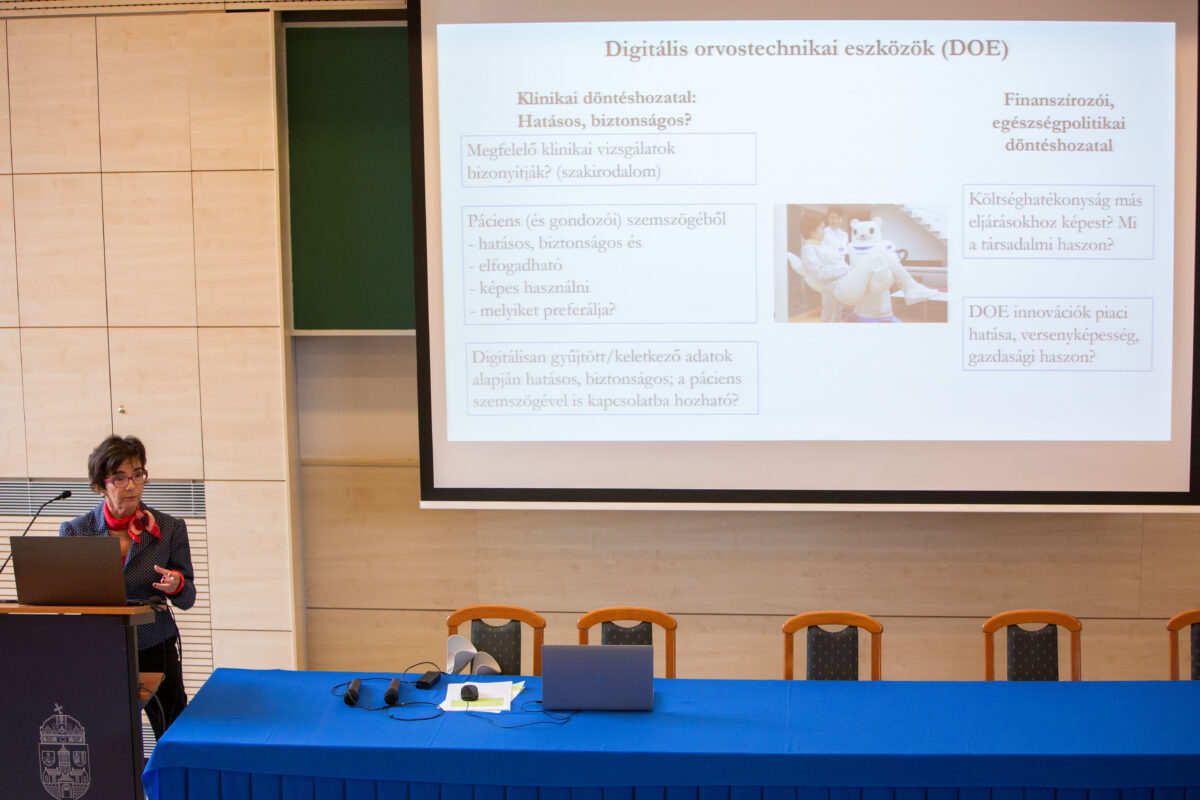
Prof. Dr. Márta Péntek, DSc, Professor at the Health Economics Research Center and the University Research and Innovation Center, and leader of Subproject II, summarized the evaluation of digital medical devices. She elaborated that the successful development and market entry of innovative medical devices require providing real value to users, supported by clinical and health-economic scientific evidence confirming their effectiveness, safety, societal benefit, and financial feasibility. Digital health innovations aim to contribute to the increased efficiency and sustainable financing of healthcare systems by personalizing therapies, enhancing effectiveness, reducing costs, and improving accessibility.
The detailed program of the Professional Day is available at the following link.
